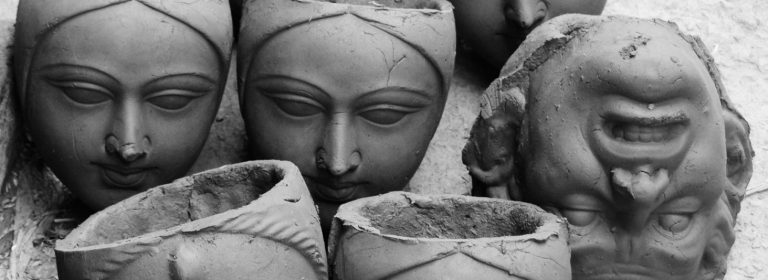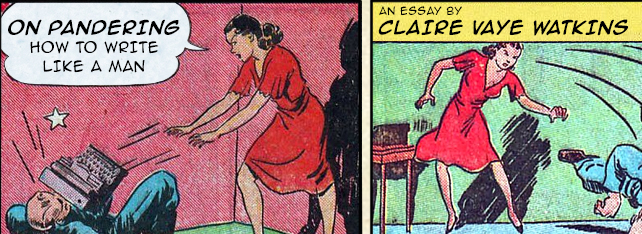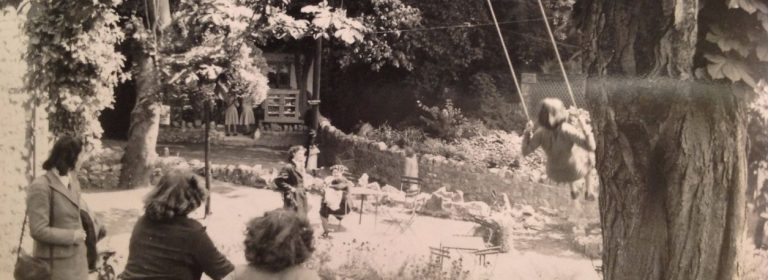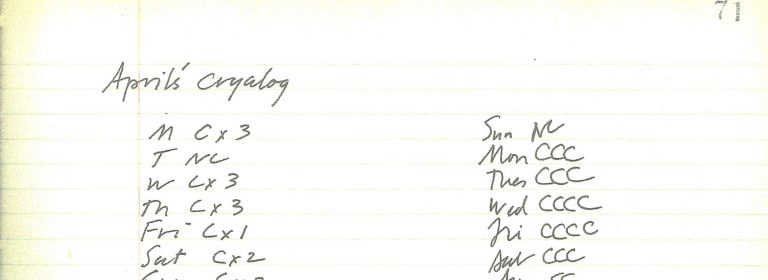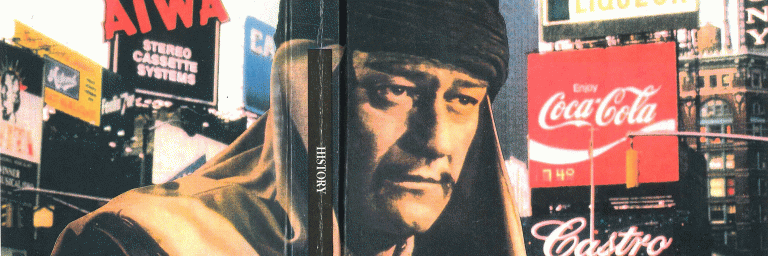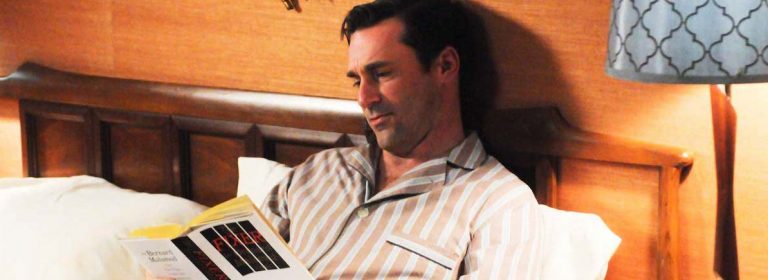Today is International Women’s Day – a day when it’s worth asking, what can each of us do to further the causes of women? As a literary magazine, we want to share with you some of our favourite pieces – published by us and by others – that present clear-headed explorations of gender in our society, advocate for women’s rights, or are simply superb pieces of writing by women that deserve as wide a readership as possible.
Feminists take on the (often unwelcome and unpopular) responsibility of opening our eyes to gender discrimination. We know that women still earn less than men, that they are under-represented in positions of influence across all industries, and that a woman can’t (yet) be the President of the United States of America. It is easy for these facts to become normalised through sheer familiarity, but they mustn’t. You may have heard these arguments before, but we think it’s important to tell and retell, read and reread these stories of unfairness and inequality, because we must re-emphasise that they are not acceptable.
Today, we’d like to celebrate women who have put their heads above the parapet to challenge society’s mistreatment of women, or to offer us alternative, positive, complex narratives of female personhood.
Here is a round-up of some of the pieces we think you will enjoy:
A Guide to Gender in India | Minal Hajratwala
In this satirical, yet scathing, essay, Minal Hajratwala provides instructions for women, men, trans people and government officials on how to survive gender in India.
‘Instructions for being a woman: Do as your father says, marry early, have sex with your husband whether you want to or not, and stay married for many lifetimes. Bemoan the prevalence of blue jeans, kurtas, sleevelessness. Propose a dress code that requires long-sleeved, high-necked sari blouses, as you wore them during the glorious youth of your nation, when Indian culture was immune to westernization and there was none of this loose talk of dating-bating and rape-bape.’
On Pandering – Claire Vaye Watkins (via Tin House)
Claire Vaye Watkins looks at sexism in the writing industry, admitting that she has written subconsciously for men all her life, and asserting that this needs to change.
‘Let us not make people at the margins into scouts or spies for the mainstream. Let us stop asking people to speak for the entire cacophonic segment of humanity that shares their pigmentation, genitalia, or turn-ons.
Let us spend more time in those uncomfortable moments when our privilege is showing. Let us reflect there, let us linger, rather than recoil into the status quo.’
Diana Athill, author of Alive, Alive Oh!, will turn one hundred in December. Here, displaying her characteristic wry humour, Athill gives an account of the miscarriage she suffered in the 1950s.
‘When, in my forties, my body tricked me into pregnancy I did experience intense happiness, but to this day I am disconcerted by the speed with which I recovered from the miscarriage. I expected something far worse than the one dreary little dream I had, soon after leaving the hospital, and I have never had a single wistful thought about that child.’
Half the population will go through the menopause at some point in their life, and yet, it is a topic we rarely admit into our narratives of human experience. Here is Mary Ruefle on the woefully under-discussed experience:
‘It may be that you recall your thirteenth year on earth. Menopause is adolescence all over again, only you are an adult and have to go out into the world every day in ways you did not have to when you were in school, where you were surrounded by other adolescents, safe, or relatively so, in the asylum of junior high.’
Martha Gellhorn | The Invasion of Panama
Martha Gellhorn was working as a foreign correspondent as early as the Great Depression. After a career spanning decades, she is now considered one of the greatest war correspondents of the twentieth century:
‘I went to my room, showered, and drank duty-free whisky, raging against the Divine Right of US Presidents to do anything they like to poor people in Central America. This arrogance derives from the Monroe Doctrine of 1823, which is no more than a presidential fiat warning the European powers not to meddle in the Americas.’
80 Books No Woman Should Read | Rebecca Solnit (via Lithub)
When Esquire put together a list of eighty books ‘Every Man Should Read’, which featured only one female author, Rebecca Solnit published this incredible response:
‘Of course I believe everyone should read anything they want. I just think some books are instructions on why women are dirt or hardly exist at all except as accessories or are inherently evil and empty. Or they’re instructions in the version of masculinity that means being unkind and unaware, that set of values that expands out into violence at home, in war, and by economic means.’
Claudia Rankine is an award-winning poet and a MacArthur Fellow, whose most recent collection, Citizen: An American Lyric, lays bare what it means to be a black woman in the United States today.
‘Haven’t you said this to a close friend who early in your friendship, when distracted, would call you by the name of her black housekeeper? You assumed you two were the only black people in her life. Eventually she stopped doing this, though she never acknowledged her slippage. And you never called her on it (why not?) and yet, you don’t forget. If this were a domestic tragedy, and it might well be, this would be your fatal flaw – your memory, vessel of your feelings. Do you feel hurt because it’s the ‘all black people look the same’ moment, or because you are being confused with another after being so close to this other?’
Image © US Embassy The Hague

